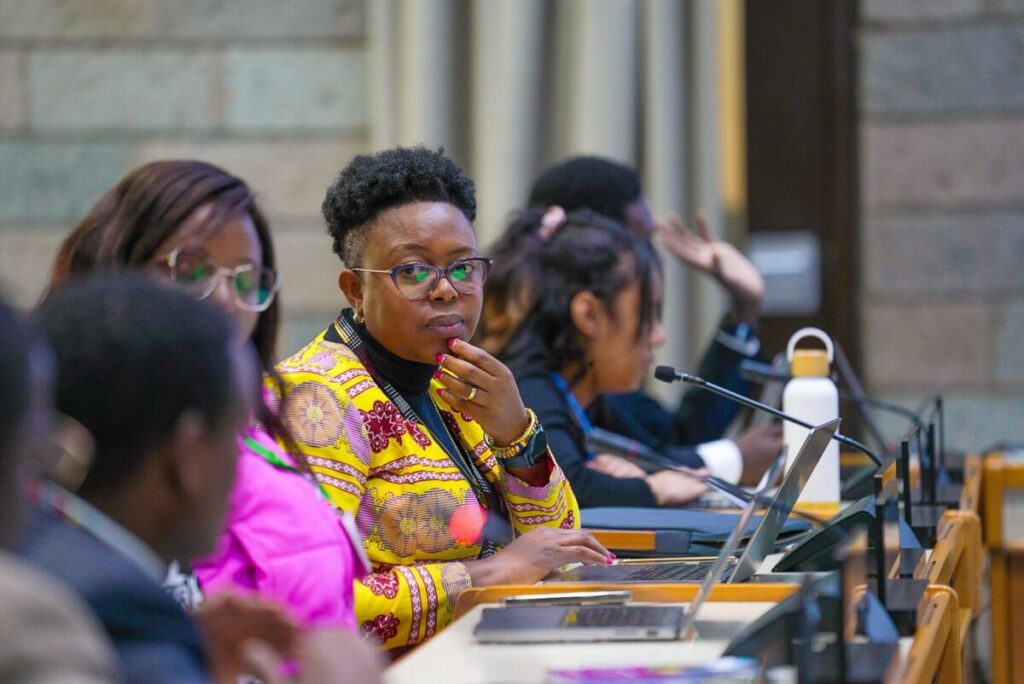Ministers from across Africa have gathered in Nairobi for the 20th African Ministerial Conference on the Environment (AMCEN), amid growing pressure from environmental groups to take bold, unified action on the continent’s deepening ecological crises.
The high-stakes meeting, hosted by Kenya, brings together delegations from all 54 African countries to deliberate on a common continental position on key issues such as plastic pollution, climate justice, and forest conservation—issues that disproportionately affect Africa’s most vulnerable populations.
As the session opened, Greenpeace Africa called on the ministers to demonstrate visionary leadership and resist corporate and political pressures that threaten to dilute Africa’s stance in upcoming international negotiations.
Plastic Pollution: A Fight for Survival
One of the most urgent agenda items is a binding global plastics treaty, a call that Greenpeace Africa insists must include a cap on production and full lifecycle accountability.
“The plastic pollution crisis is disproportionately affecting African communities,” said Hellen Dena, Project Lead of Greenpeace Africa’s Pan African Plastic Project. “AMCEN must resist industry pressure and maintain its call for plastics production caps in the global plastics treaty.”
The AMCEN 19/2 Decision, adopted in the previous session, had endorsed a strong stance on this issue—an endorsement environmentalists now want reaffirmed without compromise.
Climate Justice and ‘Polluter Pays’ Principle
Climate advocates are also rallying behind the “polluter pays” principle, demanding that fossil fuel corporations fund climate reparations for damage caused by decades of greenhouse gas emissions.
A recent Greenpeace-Oxfam poll across 13 African countries found 81% of respondents support a tax on fossil fuel companies to fund recovery and adaptation efforts. Support was particularly strong in Kenya (85%) and South Africa (80%).
“This is not just environmental policy but a matter of justice,” said Sherelee Odayar, a Greenpeace Africa oil and gas campaigner. “AMCEN must lead in demanding climate reparations from those who profited most from planetary destruction.”
Forest Protection and Indigenous Rights
Deforestation is another priority at the Nairobi meeting. Greenpeace Africa is calling for direct financing to Indigenous Peoples and Local Communities (IPLCs) who are most responsible for conserving forests, particularly in the Congo Basin and East African ecosystems.
“African forests are being decimated while those who have protected them for generations are sidelined,” warned Dr Lamfu Yengong, Greenpeace’s lead forest campaigner. “AMCEN must commit to deforestation action plans that place finance and rights directly in the hands of IPLCs.”
AMCEN’s Global Impact
Outcomes from AMCEN 2025 will inform Africa’s negotiating position at several upcoming global forums, including the UN Environment Assembly (UNEA-7), the INC 5.2 plastic treaty summit, and the COP30 climate conference.
Greenpeace Africa’s Pan-African political strategist Koaile Monaheng emphasized that Africa’s strength lies in a united front, warning against compromises that would weaken the continent’s negotiating power on the international stage.
“Our leaders must act with courage, not caution—with conviction, not compromise,” Monaheng said. “The people of Africa are demanding action, and AMCEN must deliver.”

